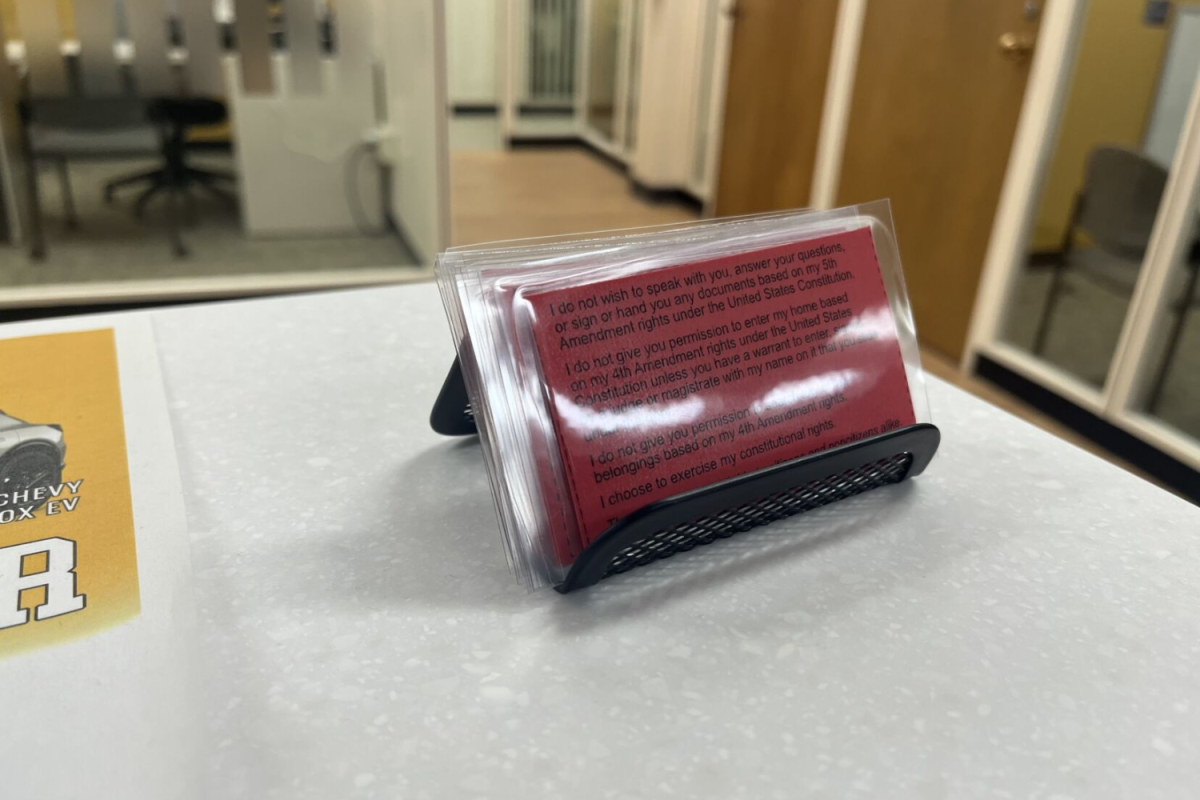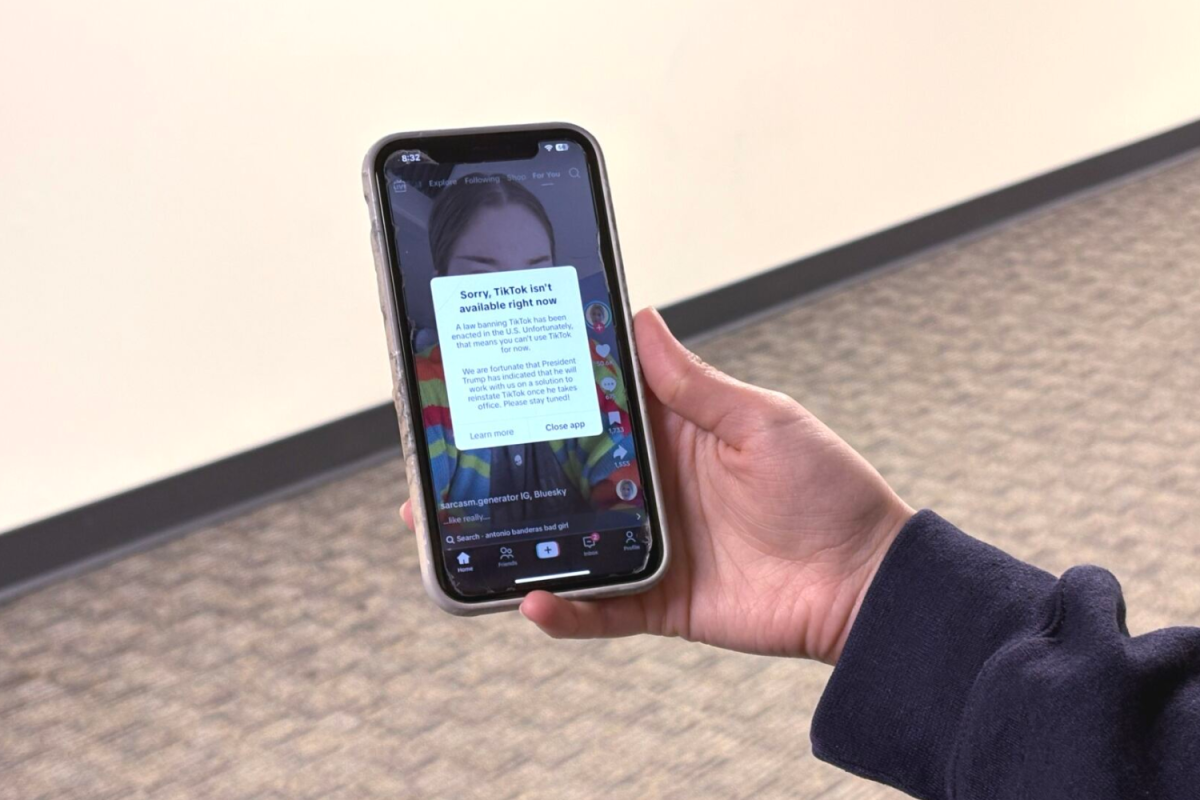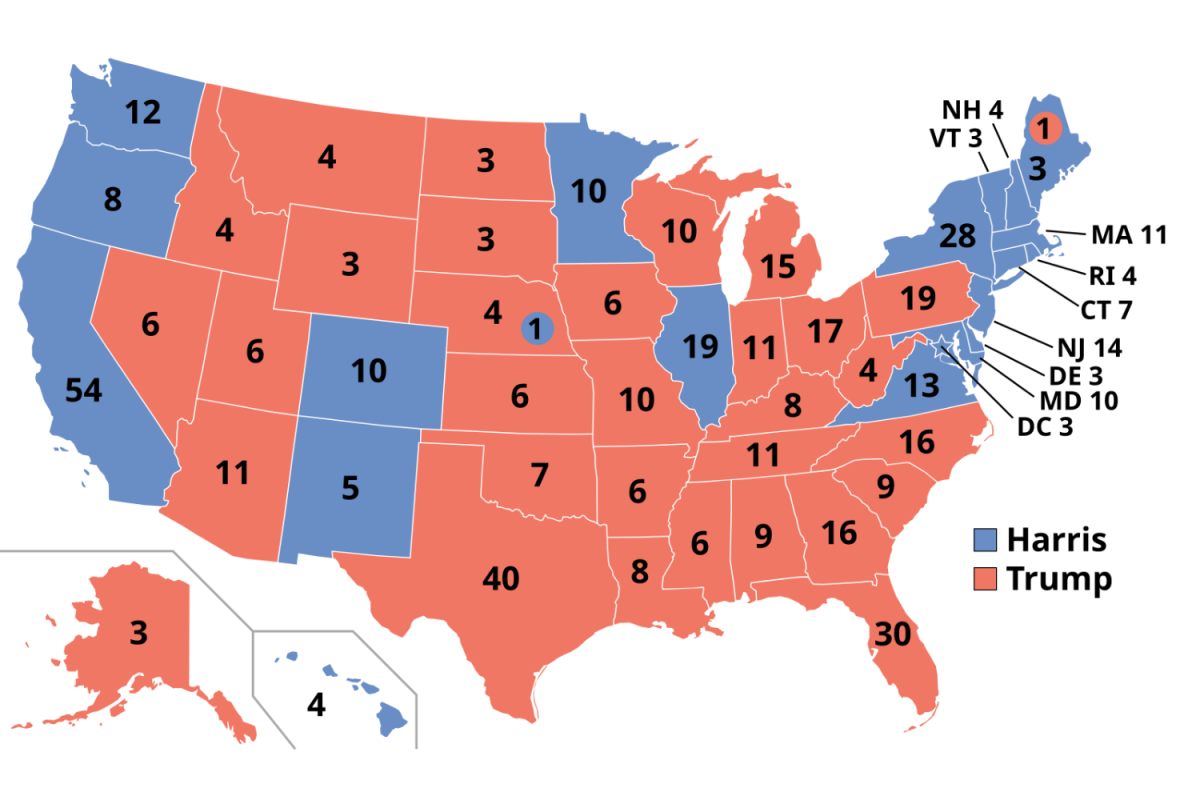Oppressing expression: Microaggressions are harmful yet sadly common
For the Opinion desk, Sophia Rossero writes that clothing and physical appearance can often lead to harmful and belittling comments, especially among marginalized communities.
“Do you speak English?” is a question that Ayah Zureiqat, a junior chemistry major at Baldwin Wallace University, is asked frequently. Zureiqat is a Muslim woman who wears a hijab. In one instance, Zureiqat said that she appeared in Berea Municipal Court and the first thing she was asked when she got there was whether she spoke English.
For Zureiqat, these instances don’t stop at the question of what language she speaks. Zureiqat was on the 2022 Baldwin Wallace Homecoming Court, and she said that people made jokes about how she only got on because the University wanted diversity. She said that it was a “lighthearted joke” but pointed out that “jokes tell truth.”
Members of marginalized groups are often subjected to unfair and biased judgements based on the way they look and dress.
Clothing can be used as a tool to express who people are without having to say a word. However, for some students who shared their experiences with The Exponent, choices of clothing can lead to judgement and biases.
These biases do not avail themselves only in large statements and actions; for many students, they have come in the form of microaggressions. Microaggressions are subtle communications that belittle people who belong to a certain group.
Along with people making jokes, Zureiqat also said that she’s been told by other students that she has an easier college life because of all the diversity scholarships she receives.
“People will also use the diversity card against you,” Zureiqat said. “It’s not your hard work – it’s because you’re diverse.”
Zureiqat said that these types of belittling comments happen a lot.
On another occasion, a female student asked Zureiqat what her major was and was surprised when Zureiqat said that she was a chemistry major. The student looked Zureiqat up and down and said that she didn’t expect her to be a S.T.E.M. major because she was dressed nicely.
Maya Norman, a sophomore acting and directing major and chair of Black Girls Rock, had an experience where she was being judged for what she wore. On a past Halloween, Norman said that she participated in a group costume where they all were dressed as vampires. When it came time for the group photo, she was not included in the “sexy vampire” photo.
Another instance Norman mentioned was when she would go out to parties. Norman said that she did not wear the crop tops that most people would wear at parties. She said that when she wouldn’t dress like the others, people would suggest outfits to her.
Along with female students having to deal with people making assumptions about their identities based off their clothing choices, they also find themselves needing to address sexual comments that are made based off their physical appearances.
Zureiqat had a recent experience at the gym she frequents, where a man called her a “whore” because she was wearing a hoodie. She said that the man asked her if her guy friends gave the hoodie to her.
While discriminating comments and microaggressions are often played down by perpetrators and others as jokes, Assistant Professor of Sociology Elizabeth Ross said that those jokes can literally take minutes from someone’s life.
Ross said that experiencing discrimination and microaggressions on a recurring basis can lead to major health issues, such as diabetes and high levels of cortisol that never wear off because “you’re constantly waiting for the next jab.”
Ross said that there is a way for bullies to deprogram the biases in their own head. Contact is important, as is getting to know the person you’re harassing and putting yourself in their shoes. These behaviors build empathy, which is essential to deprogramming.
Learning about bullying and discrimination is vital in the pursuit of giving people hope that better days are ahead.
“The world we want to create is not that hard to do,” Ross said. “Just be nice.”
The Exponent is looking for financial contributions to support our staff and our newsroom in producing high-quality, well-reported and accurate journalism. Thank you for taking the time to consider supporting our student journalists.






























